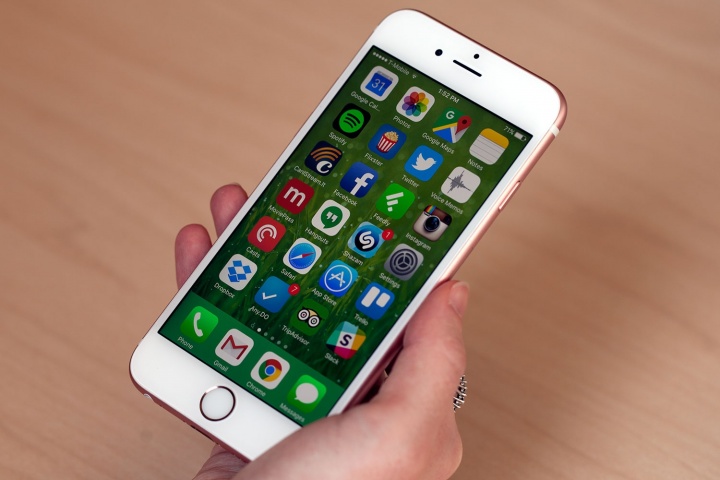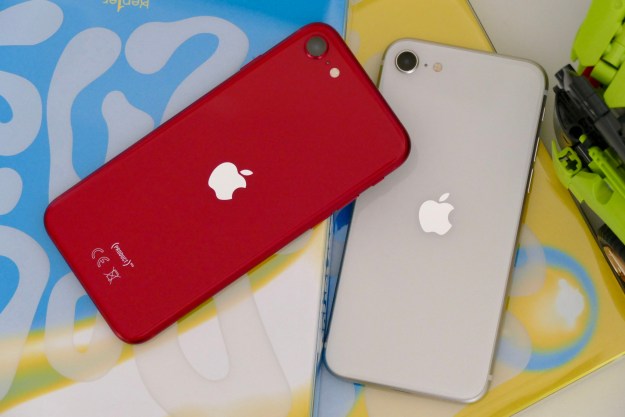
The secret was revealed when a 9to5Mac reader simply emailed to ask Apple CEO Tim Cook whether or not he quit his apps using Multitasking, and if quitting apps helped battery life. Although Cook didn’t reply, Federighi answered with a pretty unambiguous “no and no.”
Apple executives have replied to customer emails before, but it’s interesting to see Federighi intervene to reply to an email addressed to Tim Cook.
Hopefully the reply will put to rest the myth that quitting apps will do anything for battery life. Quitting apps in general is clearly not intended to be a common event, as it involves having to swipe up on each and every app window using the Multitasking feature. From a technical standpoint, the apps themselves are either frozen in the phone’s RAM, or not actually open at all, just shown in Multitasking for history purposes. As such, “quitting” them doesn’t really do anything for battery life.
Apps that do use a lot of battery life are the ones that perform functions in the background, like Maps or Music. Even so, most of these kinds of apps are only using battery when they’re running — for example if you’re playing music or navigating using Maps. Once you stop the music or arrive at your destination, and you’re no longer using the app, the battery shouldn’t really be in use.
So, going forward, iPhone users don’t have to sacrifice quick access to apps from Multitasking. Instead, just use the apps when you need them, and then let them live in the background of your phone.
Editors' Recommendations
- This one Apple Fitness feature completely changed how I exercise
- AirTags range: here’s how far the tracker can reach
- An Apple insider just revealed how iOS 18’s AI features will work
- iPhone 16: news, rumored price, release date, and more
- Why you should buy the iPhone 15 Pro instead of the iPhone 15 Pro Max


